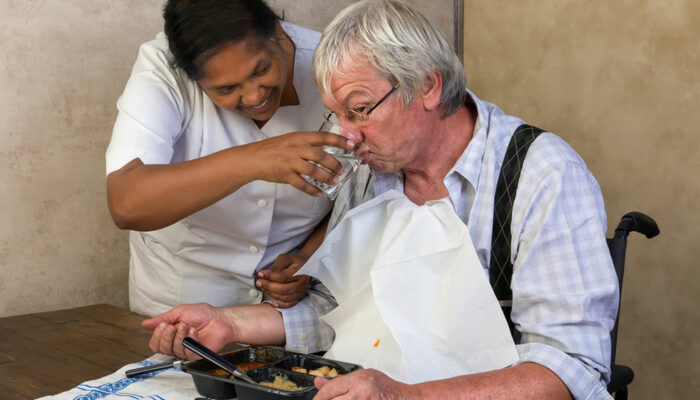
Natural Treatments for Dyskinesia
Dyskinesia is a shaking, body swaying, head bobbing, or slight fidgeting of the body. It is most associated with Parkinson’s disease. With Parkinson patients experience body stiffness, tremors, and their body slows down uncontrollably. Dyskinesia and its symptoms replace the body movements or the lack of body movements from Parkinson. The reason that dyskinesia is often referred to as another symptom of Parkinson’s is because of some of the neuroleptic medication that Parkinson patients take that causes dopamine levels to increase vastly.
Interestingly, dopamine does not exist in individuals with Parkinson’s. Can people be treated for dyskinesia? Yes, there are medical treatments and there are natural treatments that have proven helpful. Natural treatments include the following:
1. Melatonin
Melatonin is a hormone that is naturally created in the body. The pineal gland in the brain helps to produce it. Its purpose is to act as a sleep regulator. It is a powerful antioxidant which is why it works on symptoms of dyskinesia. It has been proven in clinical trials, to decrease many behavioral symptoms of movement disorders by slowing them down via regulating emotional responses. As a supplement hormone, it has been used successfully in people with Parkinson’s and its symptoms that are related to the dyskinesia disease.
2. Ginkgo biloba
Ginkgo biloba is a popular herbal plant that has been helpful in treating people with dyskinesia. It is a potent antioxidant that works to offset free radicals. Free radicals are the damaging molecule culprits that are the cause of many diseases like dyskinesia. As an ancient herb, it has been used in scientific studies to relieve the symptoms of cerebral diseases like schizophrenia, ADHD and dyskinesia. This herb is not a panacea for disease. It serves more as an inhibitor and when used as a supplement, it helps to slow down the symptoms and progression of dyskinesia. Clinical trials have proven that patients improved in their ability to manage the household and hygienic activities without shaking uncontrollably.
3. Vitamin E
Vitamin E has been proven to treat the severity of dyskinesia symptoms. This chemical is derived from the foods we eat. When ingested into the body it serves as an antioxidant. Antioxidants help to protect our cells from free radicals. This vitamin in stronger supplement dosage can help to suppress the anxiety-ridden symptoms of dyskinesia and at most can prevent the symptoms from becoming worse. Another connection between this vital vitamin, Parkinson, and dyskinesia stems from the fact that movement disorders can be associated with the lessening of this vitamin in the body.
4. Exercising
Clinical testing has also shown that intensive rehabilitation exercises have a positive non-invasive reaction on dyskinesias in Parkinson patients. Exercises that benefit Parkinson patients with dyskinesia should involve flexibility, strength, and balance. The type of exercises can include treadmill walks, aerobics, yoga, weight lifting, and specialized movement training.




